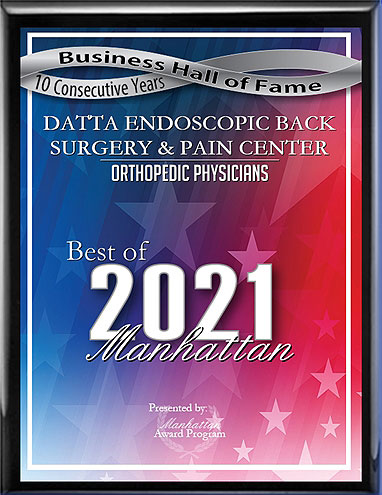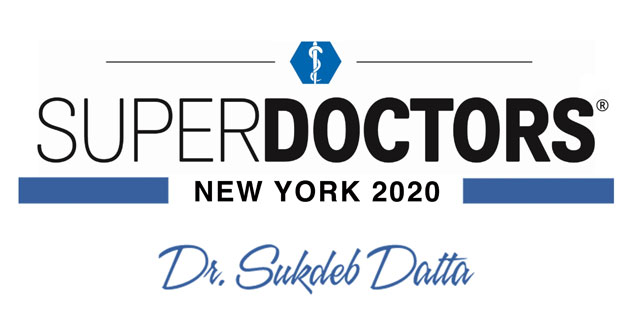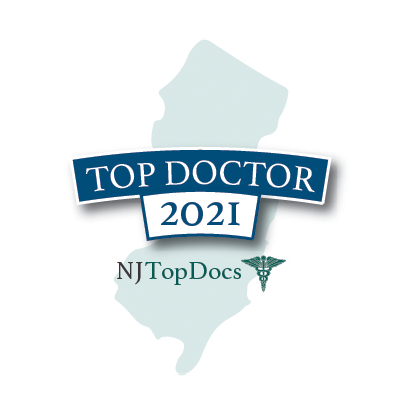Despite the fact that surgery is known to be a very effective treatment, it can be hard to know when to seek herniated disc surgery. Most people with herniated discs do not need surgery - indeed, not all people with herniated discs even know they have one! For many people who experience significant pain from their herniation, however, laser surgery can be a life-changing treatment.
A herniated disc occurs when the inner, gel-like portion (nucleus pulposus) of an intervertebral disc pushes through the strong outer portion (annulus fibrosis). Often, this causes the ruptured area to press against the nearby nerves of the spinal cord. Herniated discs most commonly occur in the lumbar (lower) portion of the spine, but they can also occur in the cervical portion of the spine (the neck). Since the nerves of the lumbar spine innervate the legs, a herniated disc in that area often causes leg pain; similarly, a herniation in the cervical spine can cause arm pain.
Common causes of herniated discs include:
- Injury from improper lifting
- Injury from a fall or other accident
- Age - as the discs lose fluid over time, they become more prone to tears
Signs of a Herniated Disc
If you think you have a herniated disc but are not sure, here are some signs to keep an eye out for.
- Chronic pain in the back, arm, or leg
- Pain that gets worse when coughing or bending at the waist
- Numbness or tingling in the arm or leg
- Muscle weakness in the arm or leg
If these symptoms sound like you, you may have a herniated disc; your doctor will make a definitive diagnosis.
When and Why Surgery is Necessary
When a disc becomes herniated, it is unlikely to heal on its own. Conservative treatments such as physical therapy and anti-inflammatory medications do not seek to heal the disc. Rather, medication interferes with the perception of pain, and physical therapy, weight loss, and other lifestyle changes lead to less weight being borne by the disc.
The reason a herniated disc does not heal on its own lies in the type of tissue it is made of. Vertebral discs are made of cartilage, a connective tissue which is also found in the nose, kneecaps, ears, and many joints. While cartilage is quite strong and (compared to bone) relatively flexible, it is very poorly vascularized. This means that it receives very little blood. Blood carries nutrients and repairing cells which help tissue to heal; since cartilage receives little of those substances, it heals very slowly. Furthermore, the constant weight placed on the vertebrae makes it hard for the disc to heal on its own.
If your condition causes pain which affects your quality of life, and conservative treatments have failed to alleviate the problem, then it is time to consider herniated disc surgery. Advances in laser technology have made most spine surgeries much less invasive, which means that surgical treatment is more accessible than ever; while traditional open back surgery is riskier and involves many weeks to months off of work, you can quickly resume your normal life following laser back surgery. This means that other health issues or lifestyle considerations no longer prevent people from getting the treatment they need.
In general, if you have pain from a herniated disc that non-surgical treatments have failed to alleviate, you are a strong candidate for laser herniated disc surgery. To schedule a consultation about your herniated disc or other back problems, please call the Datta Endoscopic Back Surgery & Pain Center at 347-380-9138.






 EDISCSCULPT
EDISCSCULPT



